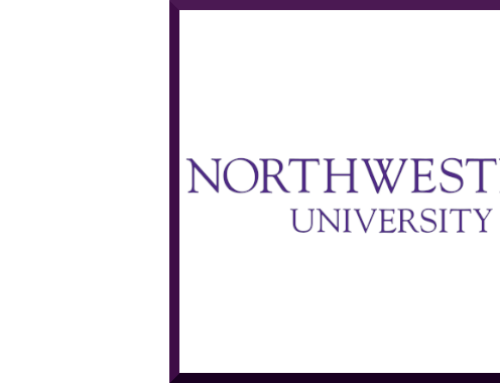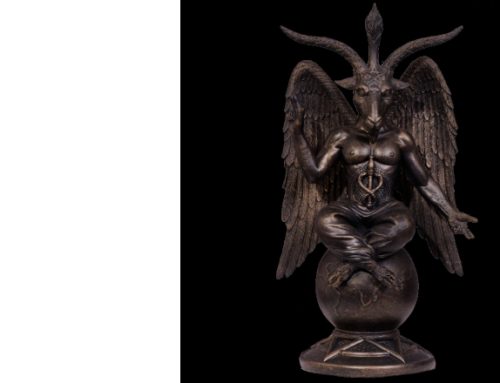The recent Pew Research Center survey on religiously unaffiliated Americans (also known as “religious nones”) has been cited by a number of media outlets as proof that they are not a whole lot different than the rest of the country. This is pure spin. In fact, the data reveal just the opposite.
The survey was huge: in the summer of 2023, 11,201 respondents were questioned about their religious beliefs. It found that nearly 3-in-10 Americans (28%) have no religious affiliation. Of that group, 17% say they are atheists; 20% identify as agnostic; and 63% confess to being “nothing in particular.” When asked why they are not religious, two-thirds of them say they question a lot of religious teachings or don’t believe in God.
Who are they? The typical “religious none” is young, white, identifies as a liberal, and votes for the Democrats. This is consistent with past research. Not surprisingly, nearly half of atheists and agnostics are college graduates; their professors did a good job. So right off the bat, these people are not just like the rest of us.
As expected, the religiously unaffiliated do not believe in God as described in the Bible, but the majority (56%) believe in a higher power. Half (49%) say they are spiritual or that spirituality is very important to them. Among those who are religiously affiliated, the figure is 79%.
“Most ‘nones’ believe animals other than humans can have spirits or spiritual energies—and many say this is true of parts of nature, such as mountains.”
While those who find spiritual meaning in mountains, but not in God, may not identify as Norse pagans, that is what they are. This belief system is traceable to Northern Europe in the 10th century.
The Pew study found that the majority of the “nones” (54%) who think of themselves as spiritual engage in behavioral practices such as “centering themselves.” According to one psychologist, this is a state of mind, or a place, that “we know we have to get back to when we’re not feeling like ourselves.” While others reach for aspirin or a drink, these people concentrate on “centering themselves.”
“When we center ourselves, we bring calm to our emotions. We do so by slowing down our breathing so that we ‘feel’ more of what’s going on around us.” In fact, the best way to “center ourselves” is to “Breathe in for a count of five, and then for a count of ten.” But make sure you “do so slowly and deliberately,” or it might be a bust.
The Pew researchers say that the religiously affiliated also see themselves as spiritual beings. Yes, but the big difference is that their master status is determined by their belief in the Biblical God. It is one thing for Christians to say they are spiritual as well as religious, quite another to say they find spiritual meaning exclusively in the Alps. In fact, most atheists say the natural world is all there is.
As we have seen, the data make it clear that the religiously unaffiliated have a different demographic profile than most Americans. We also know that they harbor a set of beliefs that sets them apart from the average person. But these attributes are of no major behavioral consequence to the rest of us. The same is not true when it comes to assessing civic life.
Social capital means something to all of us. For example, we all benefit when the norms and values that make for productive members of society are widely internalized; conversely, we all lose when they are not. On this index alone, the “religious nones” are underperforming.
The survey found that “By a variety of measures, religious ‘nones’ are less civically engaged and socially connected than people who identify with a religion.” To be specific, “they are less likely to vote, less likely to have volunteered lately, less satisfied with their local communities and less satisfied with their social lives.”
Free societies depend on vibrant mediating institutions, namely those that are intermediate between the individual and the state. They include the family, church and voluntary organizations.
This survey found what others have found: the religiously unaffiliated are significantly less likely to volunteer (17%) than the religiously affiliated (27%). Moreover, those who attend religious services at least once a month “volunteer at much higher rates (41%) than both religiously affiliated people who don’t attend regularly (17%) and ‘nones’ (also 17%).”
The research also found that the “religious nones” are more likely to say they “felt lonely at least occasionally in the last seven days.” The figure for them was 26%; it was 17% for the religiously affiliated. This makes sense: the former report that they are less satisfied with their social lives.
The data indicate that the religiously involved are a net plus to society; the religiously unaffiliated are a net minus. To put it differently, young, white, liberal Democrats are more likely to retreat unto themselves, drawing off the social capital of the rest of us. Quite frankly, they are a social liability.







